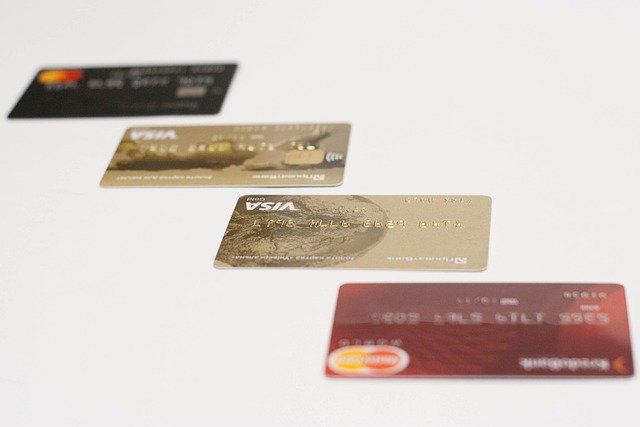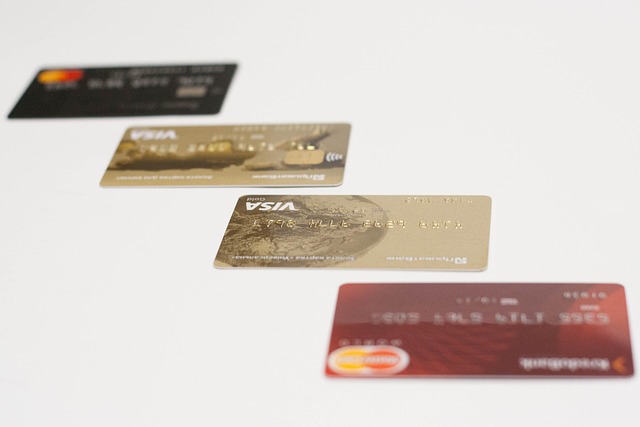A Practical Guide to Dental Implants in the UAE
Considering dental implants in the UAE? This clear, research-driven guide explains what implants are, common treatment options, how the procedure works, and how to evaluate local services and clinicians, so you can discuss choices confidently with a licensed provider.

Dental implants have become a reliable way to replace missing teeth and restore function, comfort, and appearance. In the United Arab Emirates, patients have access to modern clinics, advanced imaging, and regulated standards that help support safe outcomes. Understanding how implants work, the options available in your area, and what to look for in a specialist can help you make informed decisions and set realistic expectations for treatment.
Dental implant options in your area
When people search for Dental Implant Options Near You, they usually encounter several pathways: a single implant with a crown to replace one tooth, an implant-supported bridge to span a few missing teeth, or a full-arch fixed solution supported by multiple implants for extensive tooth loss. There are also removable overdentures that clip to implants for added stability while remaining easy to clean.
Implants themselves vary. Endosteal implants (placed in the jawbone) are the most common, while mini implants can be considered in limited bone scenarios or for stabilizing a denture. Bone grafting or sinus augmentation may be recommended if bone volume is insufficient. Your suitability depends on oral health, bone density, bite alignment, and medical history. Licensed clinicians in the UAE will typically confirm these factors using clinical exams and 3D imaging before recommending a tailored plan that fits your lifestyle and budget expectations.
Everything you need to know about dental implants
Everything You Need to Know About Dental Implants begins with the timeline. Treatment often starts with a comprehensive assessment, including X-rays or a CBCT scan. If suitable, the implant is placed into the jawbone under local anesthesia (with sedation options when appropriate). Over several weeks to months, the implant integrates with bone. A temporary restoration may be provided during healing; later, an abutment and custom crown, bridge, or full-arch prosthesis are fitted to complete the smile and restore chewing.
Longevity depends on meticulous home care and regular professional maintenance. Common risks include infection, inflammation around the implant (peri-implantitis), nerve or sinus complications in rare cases, and mechanical issues like screw loosening. Good planning, accurate imaging, and clear aftercare instructions help reduce risks. Daily brushing and interdental cleaning, avoiding tobacco, wearing a night guard when recommended, and keeping scheduled checkups are essential to protect your investment for the long term.
How to find trusted dental implant specialists
Choosing Trusted Dental Implant Specialists is as important as selecting the treatment itself. In the UAE, check that your dentist or specialist is licensed by the relevant authority—such as the UAE Ministry of Health and Prevention (MOHAP), Dubai Health Authority (DHA), or Department of Health—Abu Dhabi (DOH). Look for clinicians who provide comprehensive diagnostics, discuss multiple treatment routes, and explain benefits and limitations in plain language.
Experience matters, but so does communication. Ask about case numbers relevant to your situation, materials used, digital planning tools, and how complications are handled. Transparent documentation—treatment plans, timelines, and maintenance schedules—helps set expectations. Confirm whether your plan includes provisional restorations, hygiene visits, and follow-ups. If you rely on insurance, ask the clinic to outline how benefits may apply to consultations, imaging, surgery, and prosthetics. When comparing local services in your area, focus on clarity, safety protocols, and continuity of care rather than marketing claims.
This article is for informational purposes only and should not be considered medical advice. Please consult a qualified healthcare professional for personalized guidance and treatment.
Preparing for a successful outcome
Before treatment, a comprehensive health history helps your clinician weigh any factors that could affect healing—such as diabetes control, smoking, or medications that influence bone metabolism. If bone grafting is planned, you may need a staged timeline. After surgery, follow dietary guidance (soft foods, avoiding very hot or hard items initially) and attend scheduled reviews to monitor healing. Many patients find a written aftercare plan useful, detailing hygiene steps, what to expect in the first 72 hours, and when to contact the clinic.
Care, maintenance, and long-term value
Implants can offer stable chewing function and support for facial structure, which may enhance comfort and confidence in daily life. Their long-term value is tied to maintenance: professional cleanings, periodic X-rays, and timely repairs if components wear over time. If a full-arch restoration is planned, discuss whether your prosthesis is designed to be removed by the clinician for deep cleaning, how often that occurs, and what fees or timelines are associated with this maintenance. Clarity on these details helps you compare local services in a meaningful, practical way.
What to expect during consultations in the UAE
Initial consultations typically cover your goals, medical and dental history, and a preliminary examination. Expect imaging recommendations for accurate planning, especially for multi-implant or full-arch cases. A well-structured plan will outline stages, from any preparatory treatments to surgery and final restoration. You should also receive guidance on lifestyle factors that support success, including nutrition, temporary activity modifications, and oral hygiene tools suited to implants.
Conclusion
Dental implants in the UAE can be a dependable option for replacing missing teeth when planned and maintained carefully. Understanding the types of restorations, the steps from assessment to final fitting, and how to identify qualified clinicians helps you weigh choices confidently. By focusing on safety, clear communication, and long-term maintenance, you can work with your care team to select a solution that supports function, comfort, and lasting oral health.




